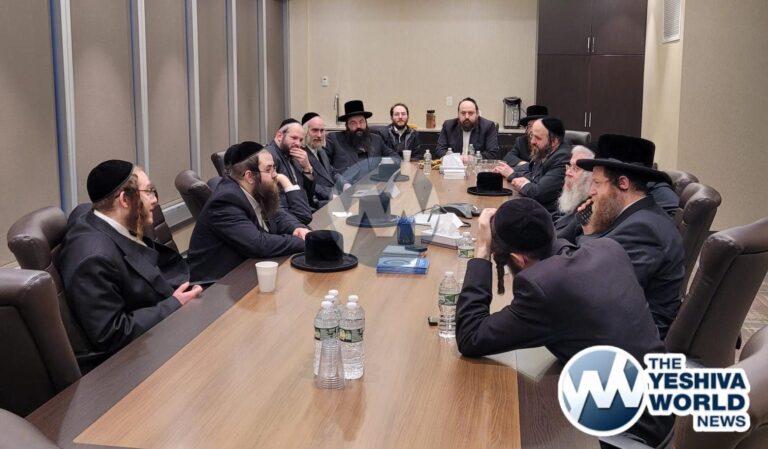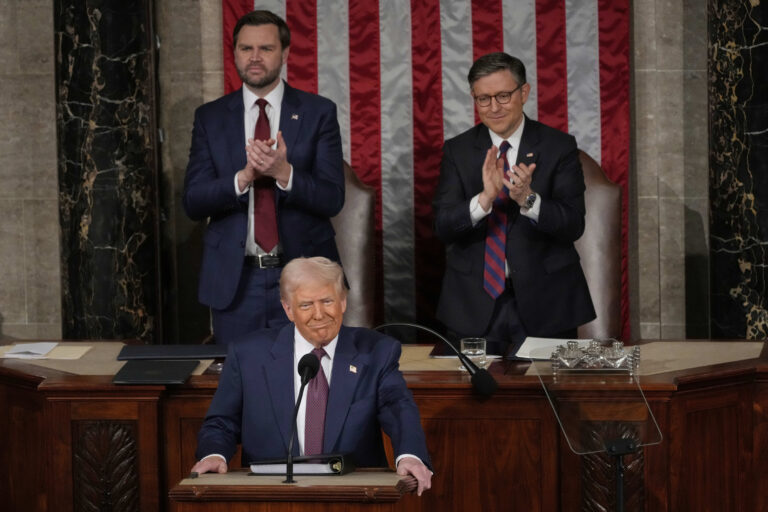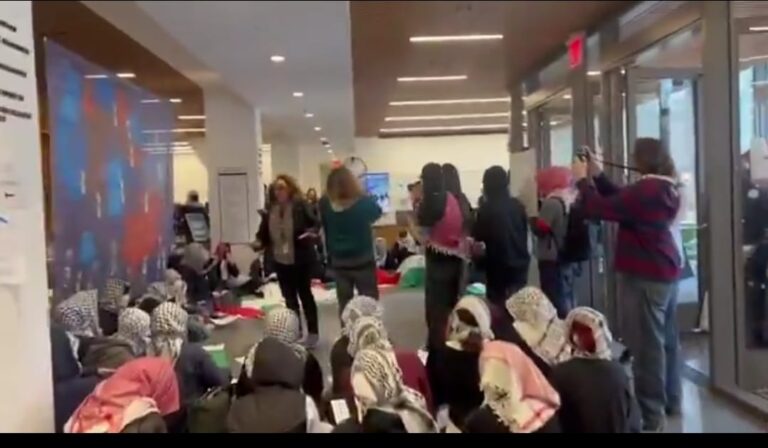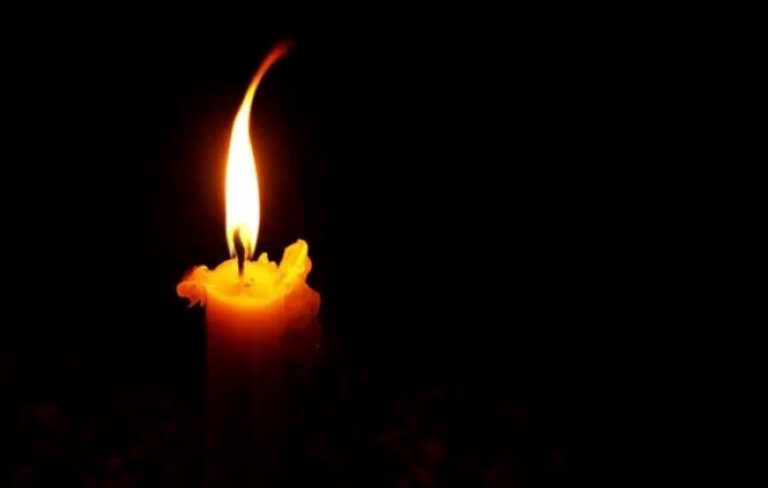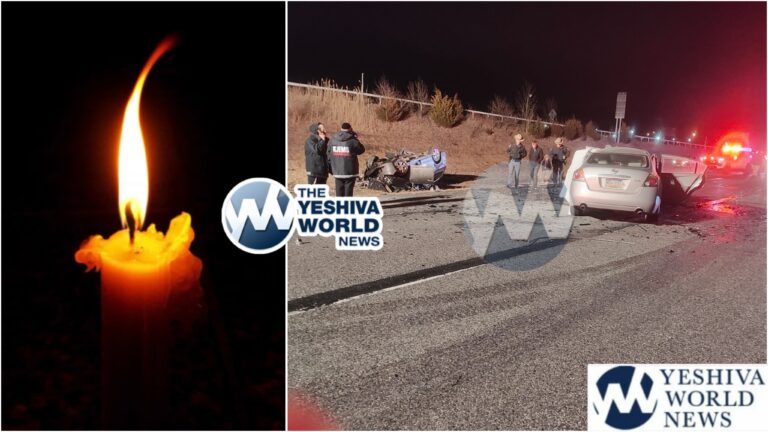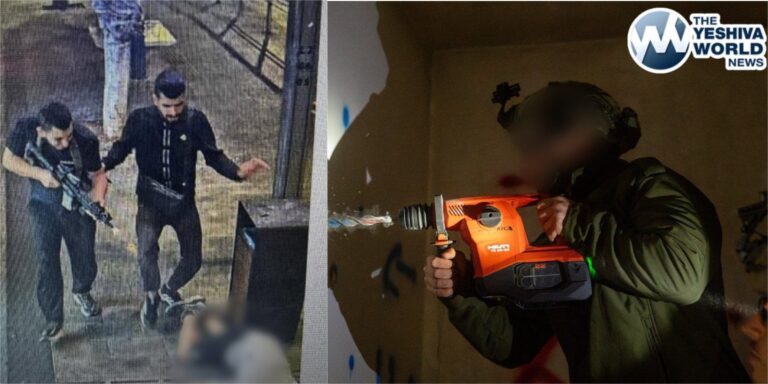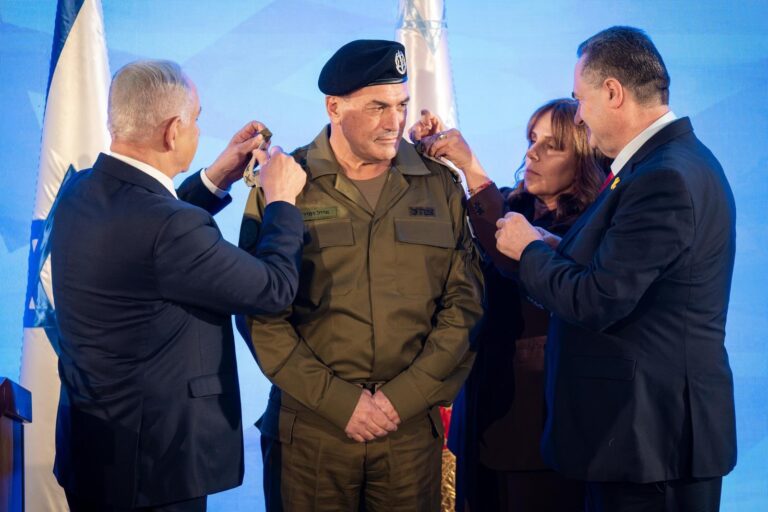 Turkish Prime Minister Tayyip Erdogan told a crowd of thousands of Syrian refugees on Sunday their country was preparing for a “sacred birth” that would replace President Bashar al-Assad with the will of the Syrian people.
Turkish Prime Minister Tayyip Erdogan told a crowd of thousands of Syrian refugees on Sunday their country was preparing for a “sacred birth” that would replace President Bashar al-Assad with the will of the Syrian people.
Refugee camps in Turkey host 150,000 Syrians who have fled the conflict across the border, and Erdogan visited one of them on Sunday, telling the people there they should regard Turkey as their “second home” and that help was at hand.
“We can see very clearly that God’s help is close. Don’t forget victory comes to those who are patient,” he told the crowd. Moaz Alkhatib, head of the internationally recognised Syrian National Coalition opposition, stood at his side.
Ankara had previously said it would struggle to accommodate more than 100,000 refugees but has continued to accept more without setting a limit.
Though the camps in Turkey mostly have facilities such as portable electric heaters, and refugees receive three hot meals a day from the Red Crescent, temperatures can plunge below freezing in the rugged border terrain and rain can be torrential.
Turkey, once close allies with neighbouring Syria, turned fiercely against Assad last year over his violent crackdown on anti-government protests and has extended strong support to both refugees and the rebels.
“You have suffered a lot,” Erdogan said, wearing a scarf in the form of the rebel Syrian green-white-and-black flag. “The cruel Syrian regime, the cruel Assad, has martyred nearly 50,000 Syrians so far,” he said.
“Every sacred birth is painful, and now Syria is preparing for a sacred birth through which the will of all Syrian people will take power,” he told the crowd at the camp in Akcakale in Sanliurfa province.
“Maybe we cannot provide you here with the luxury you have at home, but in these conditions we tried to do whatever we could,” he said to fervent applause from the crowd in the refugee camp at Akcakale.
As well as providing a home for thousands of refugees, Akcakale has been affected by the spillover of violence from Syria, with stray artillery shells striking the border town.
Five Turkish civilians were killed in October when artillery shells fired from Syria struck a house in Akcakale. Turkey has since bolstered security along the 910-kilometre (560-mile) border.
NATO this month accepted Turkey’s request to deploy Patriot anti-missile batteries along the border to reinforce its air defences against possible attack from Syria.
In Cairo on Sunday the U.N.-Arab League negotiator for Syria called for outside help to get the warring parties talking to each other, without which he said the country’s 21-month civil war would not end.
Speaking in Egypt after visiting Moscow and Damascus in the past week, Lakhdar Brahimi said the situation in Syria had deteriorated sharply, but a solution was still possible under the terms of a peace plan agreed in Geneva in June.
(Reuters)

